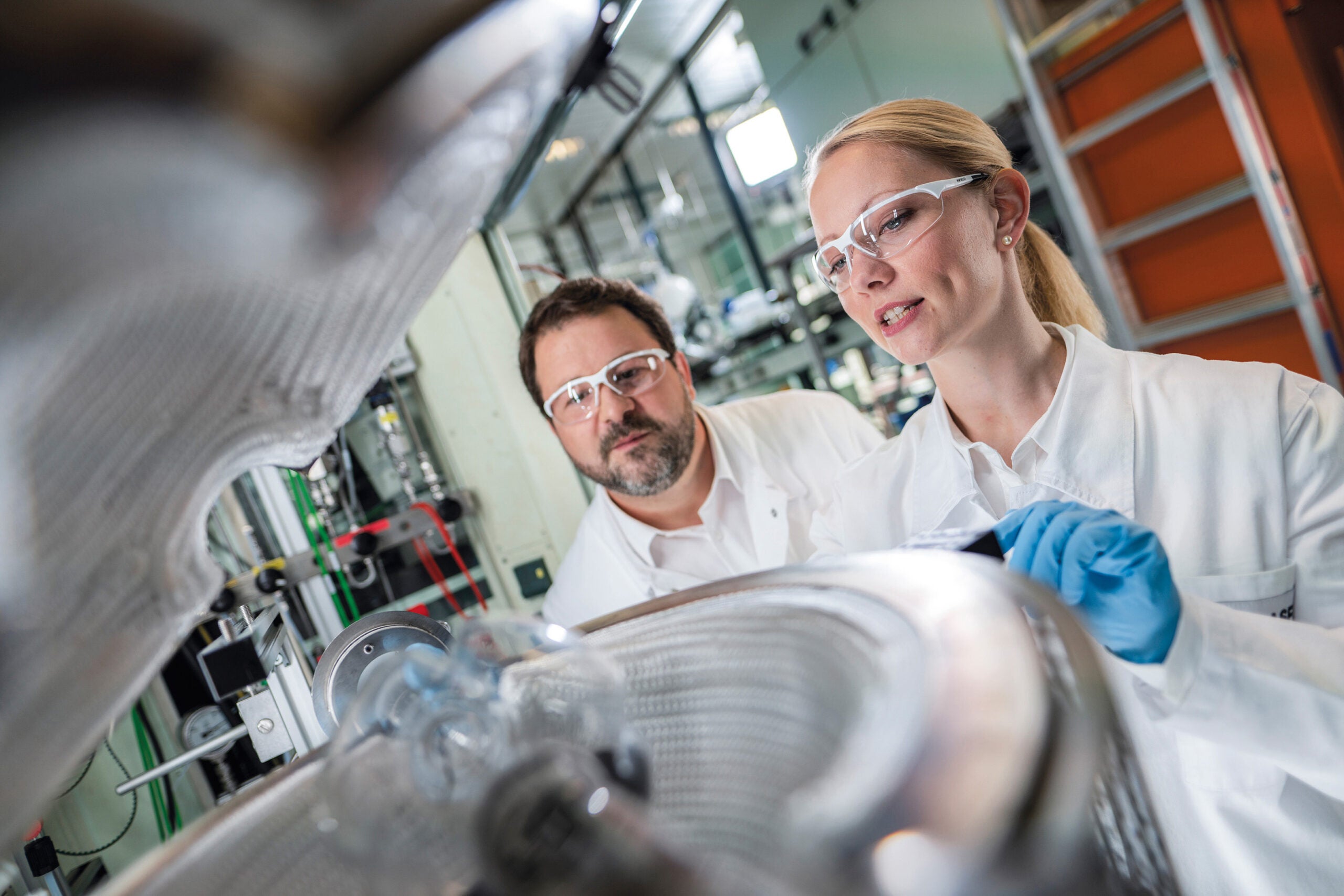
BASF, the battery materials producer and battery recycler and Stena Recycling have entered into a black mass purchase agreement as part of a broader collaboration aimed at setting up a recycling value chain for the European electric vehicle battery market.
Cooperation will focus on developing improved black mass production processes to achieve high recovery rates for metals such as lithium, nickel, and cobalt.

Discover B2B Marketing That Performs
Combine business intelligence and editorial excellence to reach engaged professionals across 36 leading media platforms.
Collection, assessment, and pre treatment of end of life lithium ion batteries, followed by black mass production, are the first steps in the battery recycling process.
Black mass is produced by mechanical treatment and battery production scrap. In a second step, valuable metals in the mass can be chemically recovered.
Following the collection of batteries and production scrap, and the production of black mass by Stena Recycling in Halmstad, the mass will be further processed in BASF’s prototype metal refinery in Schwarzheide.
A commercial scale battery recycling metal refinery is planned for Europe.
“With this agreement in place, Stena Recycling strengthens its position as one of the leading recycling partners in Europe, to both battery manufacturers and the vehicle industry,” said Marcus Martinsson, product area manager batteries.
The use of recycled to make new batteries reduces a battery’s carbon footprint significantly.
Stena Recycling will handle collection, dismantling and discharging plus black mass production while BASF will recover valuable metals and can produce new cathode active materials.
“By entering into a co-operation with Stena Recycling, we are strengthening BASF’s ability to offer a broadened battery collection network with a strong partner in the Scandinavian countries so that we can expand our offer for individual and closed loop solutions to battery producers and electric vehicle manufacturers in Europe,” said Daniel Schoenfelder, responsible for the company’s battery materials and battery recycling business.
“This is an important step towards a circular economy for the European electric vehicle battery market.”






